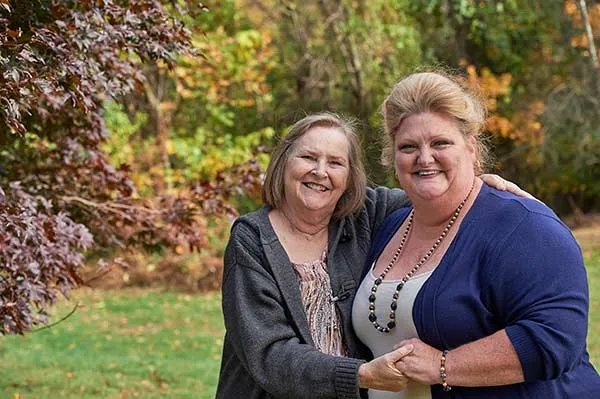A Follow Up Interview on Cancer Caregivers with Dr. Alice B. Kornblith, PhD

The RTI was pleased to first speak with researcher Alice B. Kornblith, PhD, three years ago. At the time, Dr. Kornblith was interviewing cancer survivors for a book about older cancer patients called Being Understood: Older Survivors of Cancer. Some of the interviewees included in this book were part of the Cancer Support Community network, whose stories helped ensure that readers of Dr. Kornblith’s book felt less alone and better understood. Now, our friend Dr. Kornblith is back to discuss a new book aimed at cancer caregivers. We are once again honored to interview her about her plans for this new venture and why caregivers’ stories need to be heard.
Q: First, welcome back, Dr. Kornblith, and thank you for taking the time to speak with us today about your new book! Can you tell us a little bit about your background and how you became interested in cancer caregivers?
A: I have been involved with cancer patient research since 1987, starting at Memorial Sloan Kettering, where I worked until 1999. It was around that time that I began to focus my research on the older cancer patient, as there was little research on that age group at the time, particularly in regards to psychosocial issues. I became involved in expanding clinical research to include older cancer patients, which eventually led to an interest in the caregivers of those older patients, who similarly lack attention in research and literature.
Q: What are some things that you’re hoping to address about caregiving for older adults with cancer?
A: Support for caregivers is still evolving. Originally, it began as support groups in hospitals, then morphed into support groups and connection that were happening outside of the hospital or over the phone. Now, it has moved online through things like message boards and support websites. While internet support is a great resource for many people, it might not reach older patients or caregivers. Another consideration is that we tend to ask more of caregivers, since there is an insufficient amount of healthcare support available in the cancer world. We also know that suffering and pain, for caregivers, is rampant and that their experience is often dependent on the relationship with the patient.
Q: Who will you interview and what topics will the interviews cover?
A. I’m aiming to interview 30-45 people for the book, with three distinct groups of caregivers included: caregivers of patients still in treatment, caregivers of patients post treatment (either in remission or disease free), and caregivers of patients who have died. While the book will cover the whole spectrum of the caregiver experience, some themes have already started to arise. These include what life was like before the diagnosis, their experience of the diagnosis itself, the experience of treatment and side effects, impacts on the caregiver, changes to the caregivers’ lives, and more. I’m so thankful that Cancer Support Community has been willing to share the opportunity to participate in my interviews with their network, and I hope that I’ll get the chance to speak with some of those folks as part of the process.
Q: What is the most important message that you’d like readers to take away from your new book?
A: I think the main goal is to present a wider range of older cancer patient and caregiver experiences in an easily accessible format for those who need it most. I want these caregivers to receive the support they need, and to feel like they aren’t alone, after reading my book.
Many thanks to Dr. Kornblith for answering our questions!
If you are, or were, a caregiver to an older cancer survivor and would be interested in sharing your story with Dr. Kornblith, please contact her at akornblith@gmail.com. Interviews are approximately 90 minutes long and will be conducted by phone. Participants will receive compensation for their time.
Learn more about the resources Cancer Support Community has for caregivers, and the research done on cancer caregivers by the Research & Training Institute.